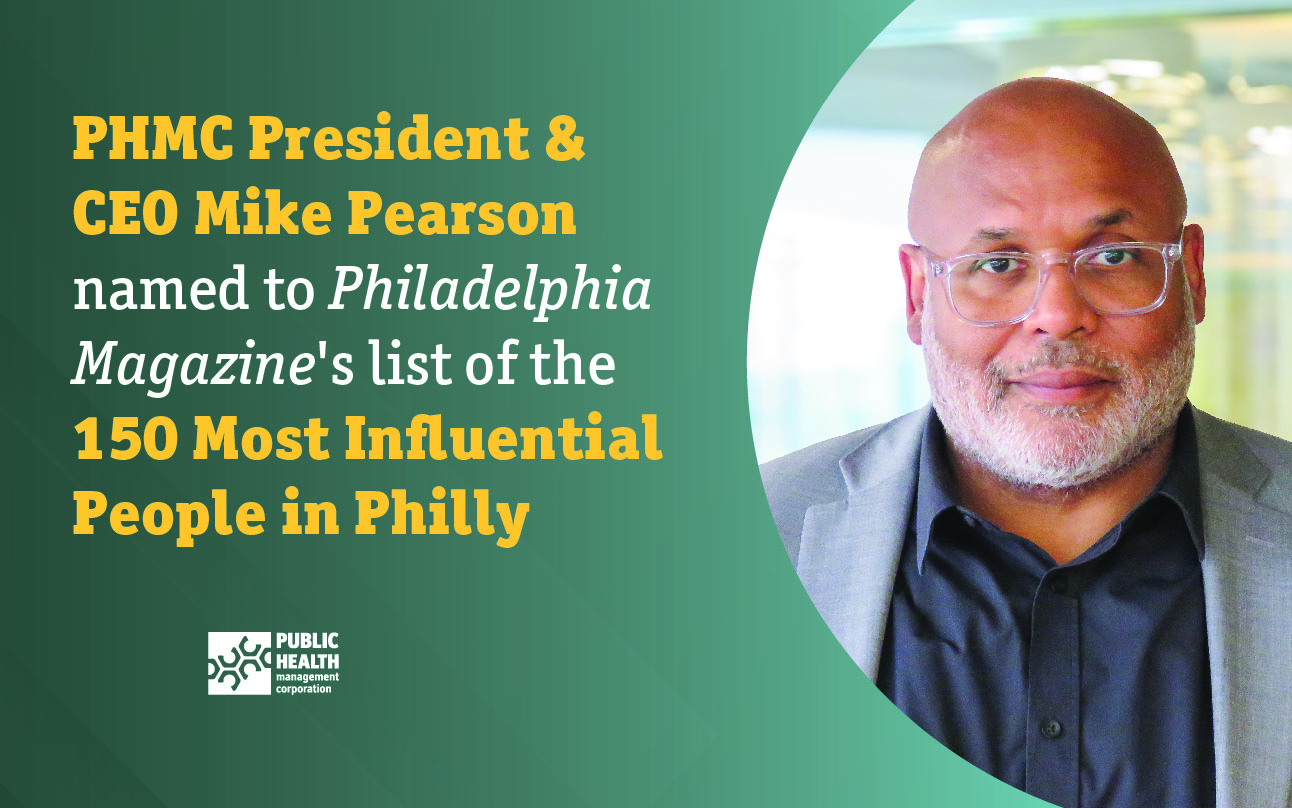 PHMC’s work—as extensive and comprehensive as it is—focuses on the public health needs of the region. Yet we remain very much plugged into the national trends that unquestionably affect our work. And at times the things we do impact the national agenda as well.
PHMC’s work—as extensive and comprehensive as it is—focuses on the public health needs of the region. Yet we remain very much plugged into the national trends that unquestionably affect our work. And at times the things we do impact the national agenda as well.
With this in mind, we have been paying close attention to healthcare reform legislation to understand its implications for our work and, most important, the people we serve. In this issue, for example, you’ll read about the ongoing critical need for the programs from our affiliate Linda Creed, which provides direct breast cancer services, outreach, education and advocacy for uninsured and underinsured women. And in the interview with leaders from affiliate National Nursing Centers Consortium (NNCC), it becomes clear that the provisions of healthcare reform align with our work. In fact, NNCC played a role in advocating for key provisions that strengthen the role of nurse-managed care and thus expand access to health services.
The completion of the Community Health Data Base 2010 household health survey will give us the first glimpse of how the initial impact of reform is being felt across southeastern Pennsylvania while providing a clear comparison with the nation’s Healthy People 2010 goals. With more than 25 years of data, we offer an unsurpassed ability to watch trends regionally and assess them against national benchmarks.
We follow, affect and incorporate US policies every day, in every corner of PHMC and our affiliates; I invite you to take a moment to read the reflections of our employees as they project the impact of healthcare reform on their activities.
Highlighting this integration with national policy, in April we recognized Public Health week with a standing-room-only presentation by A. Thomas McLellan, then-deputy director of the Office of National Drug Control Policy, who spoke about behavioral health’s place in healthcare reform and shared the podium with Arthur C. Evans, Jr., PhD, director of the Philadelphia Department of Behavior Health and Mental Retardation Services who reported on the local landscape along with PHMC's own experts in behavioral health services and research.
We thank you for entrusting PHMC with our critical role in the public health of our community, and we understand that we most effectively serve those in the region by staying abreast of public health issues and trends from across the US and worldwide.
Yours in public health,
![]()
Richard J. Cohen, PhD, FACHE
President and CEO of PHMC





